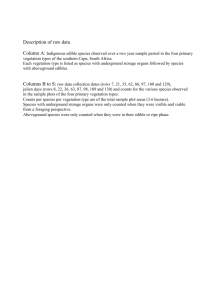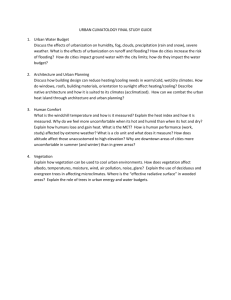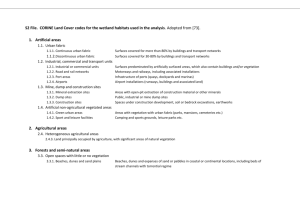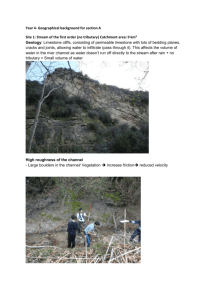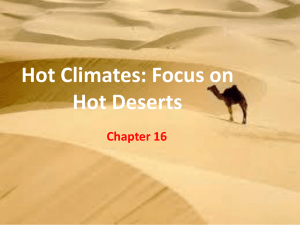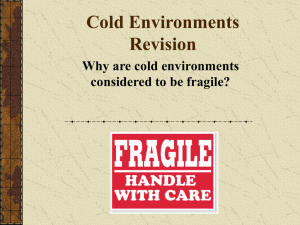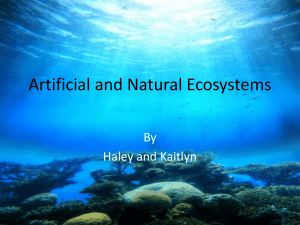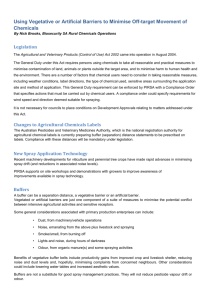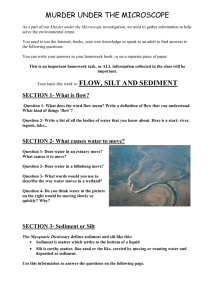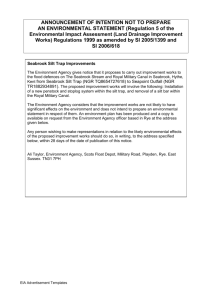Mesopotamia Vocab Intro Worksheet
advertisement
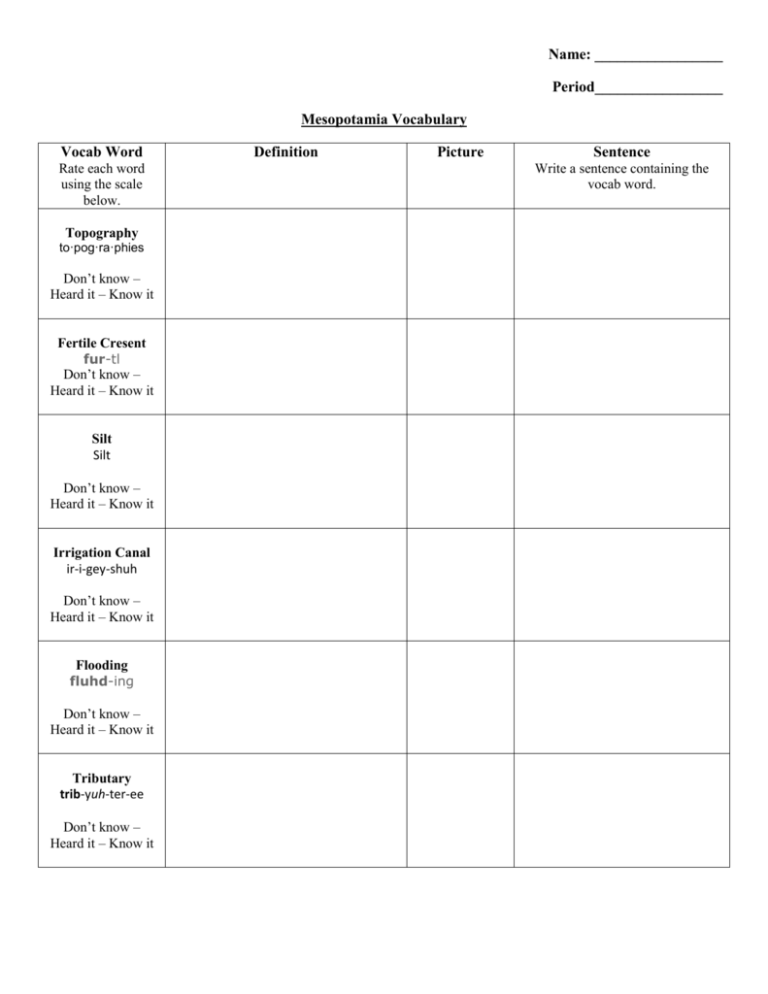
Name: _________________ Period_________________ Mesopotamia Vocabulary Vocab Word Rate each word using the scale below. Topography to·pog·ra·phies Don’t know – Heard it – Know it Fertile Cresent fur-tl Don’t know – Heard it – Know it Silt Silt Don’t know – Heard it – Know it Irrigation Canal ir-i-gey-shuh Don’t know – Heard it – Know it Flooding fluhd-ing Don’t know – Heard it – Know it Tributary trib-yuh-ter-ee Don’t know – Heard it – Know it Definition Picture Sentence Write a sentence containing the vocab word. Tigris River tahy-gris Don’t know – Heard it – Know it Euphrates River yoo-frey-teez Don’t know – Heard it – Know it Hammurabi Don’t know – Heard it – Know it Sumer soo-mer Don’t know – Heard it – Know it Pre Grouping Post Grouping Egypt Vocabulary Archeologist: a specialist in archaeology, the scientific study of prehistoric peoples and their cultures by analysis of their artifacts, inscriptions, monuments, etc. Topography: the arrangement of the natural and artificial physical features of an area Silt: earthy matter, fine sand, or the like carried by moving or running water and deposited as a sediment. Desert: a region so arid because of little rainfall that it supports only sparse and widely spaced vegetation or no vegetation at all: Barren: unproductive; unfruitful Tributary: a stream that flows to a larger stream or other body of water. Irrigation: the artificial application of water to land to assist in the production of crops. Natural Resources: the natural wealth of a country, consisting of land, forests, mineral deposits, water, etc. Papyrus: a material on which to write, prepared from thin strips of the pith of this plant laid together, soaked, pressed, and dried, used by the ancient Egyptians, Greeks, and Romans Dehydrate: to deprive (a chemical compound) of water or the elements of water. Embalm: to treat (a dead body) so as to preserve it, as with chemicals, drugs, or balsams. Egypt Vocabulary Archeologist: a specialist in archaeology, the scientific study of prehistoric peoples and their cultures by analysis of their artifacts, inscriptions, monuments, etc. Topography: the arrangement of the natural and artificial physical features of an area Silt: earthy matter, fine sand, or the like carried by moving or running water and deposited as a sediment. Desert: a region so arid because of little rainfall that it supports only sparse and widely spaced vegetation or no vegetation at all: Barren: unproductive; unfruitful Tributary: a stream that flows to a larger stream or other body of water. Irrigation: the artificial application of water to land to assist in the production of crops. Natural Resources: the natural wealth of a country, consisting of land, forests, mineral deposits, water, etc. Papyrus: a material on which to write, prepared from thin strips of the pith of this plant laid together, soaked, pressed, and dried, used by the ancient Egyptians, Greeks, and Romans Dehydrate: to deprive (a chemical compound) of water or the elements of water. Embalm: to treat (a dead body) so as to preserve it, as with chemicals, drugs, or balsams. Egypt Vocabulary Archeologist: a specialist in archaeology, the scientific study of prehistoric peoples and their cultures by analysis of their artifacts, inscriptions, monuments, etc. Topography: the arrangement of the natural and artificial physical features of an area Silt: earthy matter, fine sand, or the like carried by moving or running water and deposited as a sediment. Desert: a region so arid because of little rainfall that it supports only sparse and widely spaced vegetation or no vegetation at all: Barren: unproductive; unfruitful Tributary: a stream that flows to a larger stream or other body of water. Irrigation: the artificial application of water to land to assist in the production of crops. Natural Resources: the natural wealth of a country, consisting of land, forests, mineral deposits, water, etc. Papyrus: a material on which to write, prepared from thin strips of the pith of this plant laid together, soaked, pressed, and dried, used by the ancient Egyptians, Greeks, and Romans Dehydrate: to deprive (a chemical compound) of water or the elements of water. Embalm: to treat (a dead body) so as to preserve it, as with chemicals, drugs, or balsams.
